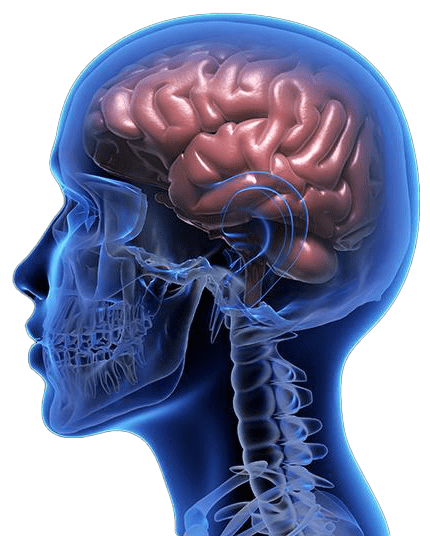Neuropsychological Testing
Neuropsychological testing is an in-depth assessment of skills and abilities linked to brain function. The evaluation measures attention, problem-solving, memory, language, IQ, visual-spatial skills, academic skills, and social-emotional functioning. A neuropsychological evaluation is different from tests included in a neurological evaluation (e.g., EEG) or neuroimaging (e.g., CT or MRI scan).
A neuropsychologist completes a neuropsychological evaluation. A neuropsychologist is a licensed clinical or school psychologist (with a Psy.D. or Ph.D. degree) who has also completed a two-year fellowship in neuropsychology. Child neuropsychologists provide comprehensive neuropsychological evaluations for preschool-age children, school-age children, adolescents, and young adults, to help identify underlying neurocognitive factors that contribute to the strengths and weaknesses of their functioning across settings, usually home and school. Abilities and skills are considered within a developmental framework and compared to peers of the same age or grade, as well as to the individual’s own abilities.
The list below outlines some areas of concern that may lead to making a referral for a neuropsychological evaluation:
- Learning disorders and learning differences
- Inattentiveness, hyperactivity, impulsivity
- Executive-functioning weaknesses, such as difficulty planning and organizing
- Processing-speed deficits
- Language disorders or delays
- Visual-spatial, visual-motor, and fine motor deficits
- Intellectual disability
- Autism spectrum disorder
- Anxiety
- Depressed mood
- Behavior difficulties in the home or at school
- Deficits in learning and functioning secondary to neurological and/or birth conditions (e.g., seizure disorders, epilepsy, traumatic brain injury, brain tumors, acquired or congenital hydrocephalus, premature birth)
- Giftedness combined with difficulties in learning or other areas
A neuropsychological assessment is a process that typically involves a review of relevant documents (e.g., medical records, previous assessments, work appraisals, report cards, transcripts), a clinical interview with the client (and family member, if applicable), a few hours of neuropsychological testing using standardized measures of cognition, production of a written report, and a feedback session for the client and family.

